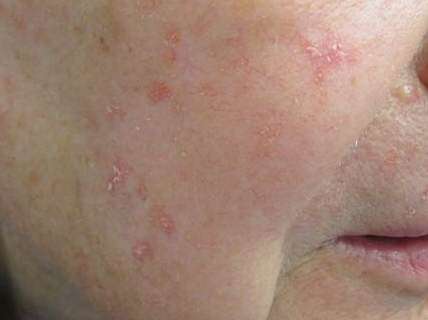At Dr. Tayyab saleem malik clinic (Cosmetic Enclave)
Skin cancer is a broad term that encompasses several types of cancer that originate in the skin. The three main types of skin cancer are basal cell carcinoma (BCC), squamous cell carcinoma (SCC), and malignant melanoma. Here’s an overview of each type:
- Basal Cell Carcinoma (BCC):
- BCC is the most common type of skin cancer.
- It typically develops in areas of the skin exposed to the sun, such as the face, neck, and hands.
- BCC usually appears as a pearly or waxy bump, a flat pink or flesh-colored lesion, or a sore that doesn’t heal.
- It grows slowly and is unlikely to spread to other parts of the body. However, if left untreated, it can cause damage to surrounding tissues.
- Treatment options for BCC include surgical removal, topical medications, cryotherapy (freezing), and Mohs micrographic surgery.
- Squamous Cell Carcinoma (SCC):
- SCC is the second most common type of skin cancer.
- It usually develops in areas exposed to the sun, such as the face, neck, hands, and ears, but it can also occur in scars, ulcers, or chronic wounds.
- SCC often appears as a firm, red bump, a scaly patch, or a sore that doesn’t heal.
- It has a higher risk of spreading to nearby lymph nodes or other parts of the body compared to BCC.
- Treatment options for SCC include surgical removal, Mohs surgery, radiation therapy, and sometimes chemotherapy or targeted therapy.
- Malignant Melanoma:
- Malignant melanoma is the least common but most aggressive form of skin cancer.
- It arises from the pigment-producing cells called melanocytes.
- Melanoma can develop anywhere on the body, including areas that are not exposed to the sun.
- It often appears as an irregularly shaped mole or a new dark spot on the skin, with uneven borders, varied colors, and a larger size.
- Melanoma has a higher risk of spreading to other parts of the body and can be life-threatening if not detected and treated early.
- Treatment options for melanoma depend on the stage of the cancer but may include surgical excision, lymph node biopsy, immunotherapy, targeted therapy, radiation therapy, and chemotherapy.
It’s important to protect your skin from harmful UV radiation by using sunscreen, wearing protective clothing, seeking shade, and avoiding tanning beds. Regular skin self-examinations and professional skin screenings are recommended for early detection and prompt treatment of any suspicious skin lesions. If you notice any changes in your skin, such as new growths, changes in moles, or non-healing sores, consult a dermatologist for a thorough evaluation.

